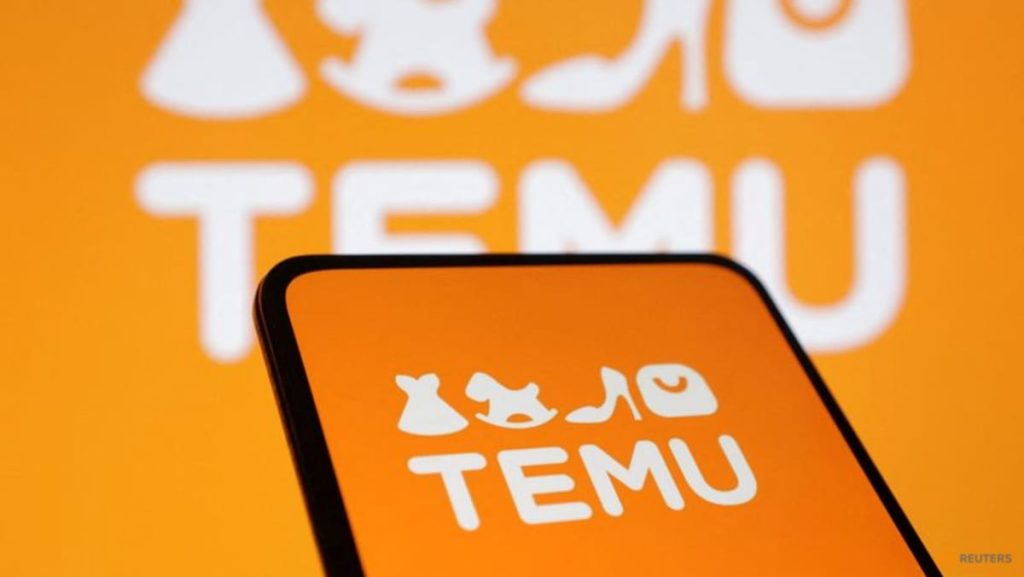The Ministry of Cooperatives and SMEs in Indonesia is taking a strong stance against digital platforms that are not deemed beneficial to society. The ministry aims to ensure that the digital space is filled with content that is productive and profitable. Anything that is considered detrimental will be banned in order to protect the interests of micro, small, and medium enterprises in the country. This decision comes after Temu, a company that has tried to register to operate in Indonesia multiple times, was not approved due to another business already using the name.
Temu, a company that operates in about 60 countries, entered Southeast Asia last year and has been expanding its presence in the region. It entered the Philippines in August, Malaysia in September, and Thailand in July of the following year. The company’s attempts to register with the Ministry of Law and Human Rights for trademark rights were unsuccessful due to the existence of another business with the same name. Temu’s participation in the 2024 E-commerce Expo in Greater Jakarta brought attention to its registration issues and its expansion in the region.
This move by the Indonesian government to protect its small businesses in the digital space is not the first of its kind. In October of the previous year, Indonesia banned TikTok Shop in order to safeguard smaller merchants and user data. However, TikTok made a comeback in the market by acquiring a 75 per cent stake in the Indonesian e-commerce platform Tokopedia in January. This re-entry into the market highlights the challenges faced by regulators in balancing the interests of small businesses with the entry of large digital platforms.
The Ministry of Cooperatives and SMEs in Indonesia is continuing its efforts to regulate the digital space and protect the interests of local businesses. By banning digital platforms that are seen as detrimental and safeguarding the rights of small enterprises, the ministry aims to create a more productive and profitable environment for businesses to thrive. The case of Temu highlights the challenges faced by companies trying to enter the Indonesian market and the importance of adhering to trademark regulations to avoid registration issues.
The growing presence of digital platforms in Southeast Asia presents both opportunities and challenges for local businesses. The expansion of companies like Temu into the region can bring new economic opportunities, but also highlights the need for regulatory measures to protect small enterprises. The Indonesian government’s decision to ban certain digital platforms in order to safeguard local businesses reflects a broader trend of countries seeking to assert control over the digital economy and ensure that it serves the interests of their own citizens.
As the digital economy continues to grow and evolve, governments around the world will face increasing pressure to regulate and oversee the activities of digital platforms. The case of Temu and the Indonesian government’s response to its registration issues demonstrate the complexities of balancing the interests of large digital platforms with those of small businesses. By taking a proactive stance on regulating the digital space, Indonesia is seeking to create a more level playing field for its local enterprises to compete and thrive in an increasingly globalized market.













